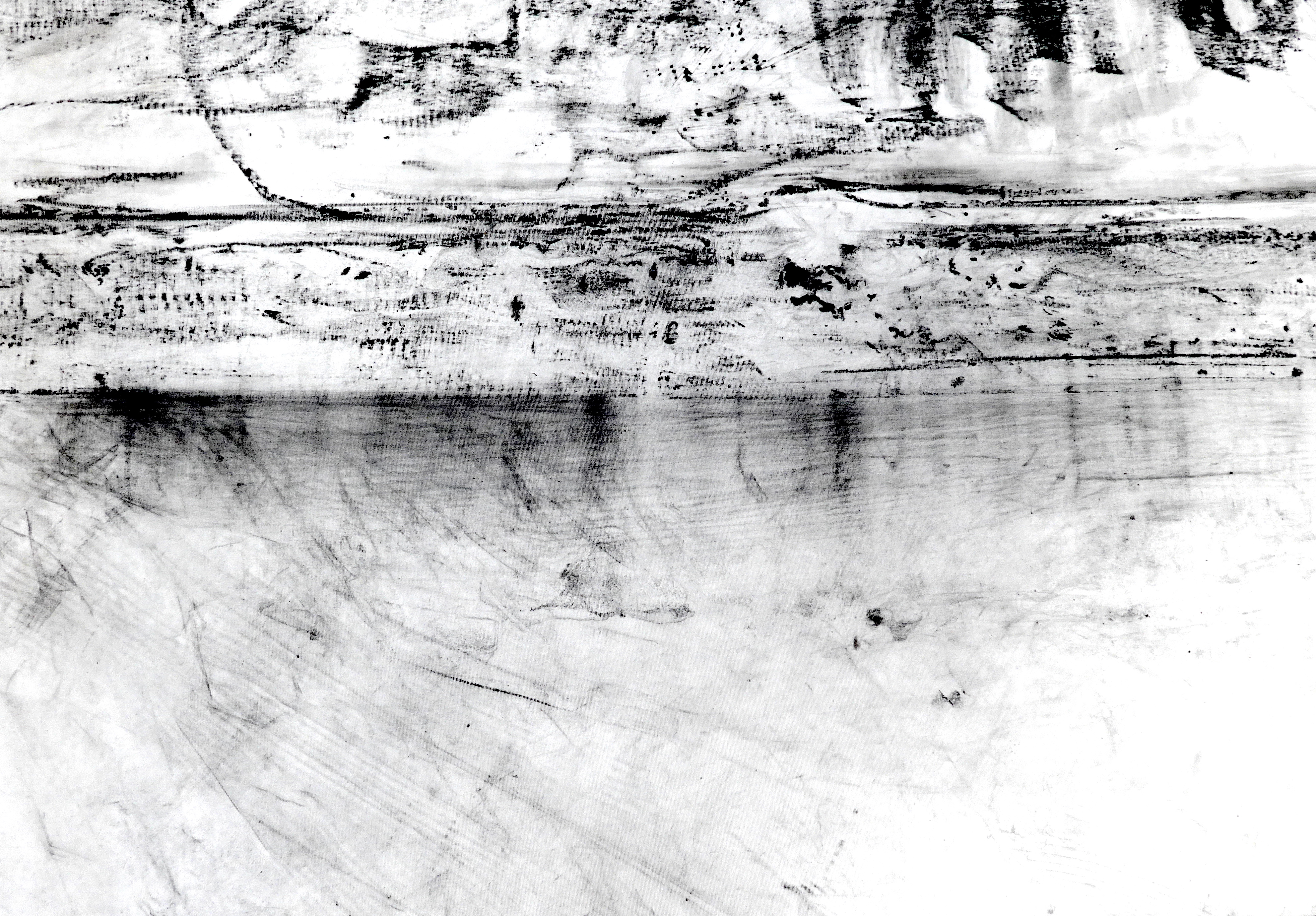“Where we are is too hard”: Refugee writing and the Australian border as literary interface
Keywords:
Australian literature, Refugee Writing, Border Studies, Behrouz Boochani, Tracey Moffatt, Alexis Wright, Ian HowardAbstract
Over the past decade Australia’s policies on border protection have achieved a certain dark notoriety, in their often-vexed (although perhaps not vexed enough) reception both at home and abroad. While there has been extensive, if not necessarily efficacious, public debate about the legal and political dimensions of these policies, together with some coverage of their human, most often medical, consequences for refugees and asylum-seekers, there has been less opportunity for us to attend more closely to the statements and self-expression of those who have been caught up most directly and intensely in those policies.
Testimonial accounts by detainees from Australian offshore centres are now beginning to be published and made available to the wider Australian public, as in the 2017 publication, They Cannot Take the Sky: Stories From Detention, (ed Michael Green, André Dao et al) along with manifestos, such as that by Behrouz Boochani, a Kurdish journalist, currently held on Manus, who has been detained since 2013. In addition to these, in 2017, Island magazine published “Chanting of Crickets, Ceremonies of Cruelty: A Mythic Topography of Manus Prison,” an extract from Boochani’s forthcoming book, No Friend But The Mountains: Writing From Manus Prison, described by the publishers as “a lyric first-hand account” of his experiences.
These works – testimonials, manifesto, poetic novel/memoir – don’t simply provide an account of the lives and experiences of the refugees and asylum seekers; they also delineate a relationship with the Australian public. They imagine or posit a dialogue with us. In this paper, I want to propose that we approach the dialogue being proposed by the asylum-seeker writings as a mode of literary engagement. To put this another way, I’m proposing that these works demand attentive reading from us, not only in our responsibilities as citizens but also and most particularly as literary readers or scholars. In thinking about literary reading as a point of necessary public interface, I am responding to line of thought proposed by Boochani in his resonant account of the task of writing the truth of refugee detainment in his essay in They Cannot Take the Sky, where he argues that literary language is fundamental to the expression of difficult truths: “I publish a lot of stories in the newspapers and in the media about Manus, but people, really, they cannot understand our condition, not in journalistic language. Where we are is too hard. I think only in literary language can people understand our life and our condition.”
References
Apter, Emily. “Introduction to “World Borders, Political Borders”. PMLA vol. 117, no. 1, 2002, pp. 68-71.
Balibar, Etinenne. “World Borders, Political Borders”. PMLA vol. 117, no. 1, 2002, pp. 71-78.
--. Politics and the Other Scene. London and New York, Verso, 2012.
Balint, Ruth. Troubled Waters: Borders, Boundaries and Possession in the Timor Sea. Sydney, Allen & Unwin, 2005.
Bennington, Geoffrey. “Teleanalysis”. Paragraph. Vol. 36, no. 2, 2013, pp. 270-285.
Boochani, Behrouz. “A Letter From Manus Island”. The Saturday Paper, 9-15 Dec, 2017. Retrieved from https://www.thesaturdaypaper.com.au/news/politics/2017/12/09/letter-manus-island/15127380005617.
--. No Friend But The Mountains: Writing From Manus Prison. Sydney, Picador, 2018.
Celant, Germano. “Emigration of Identity”. King, pp. 78-81.
Derrida, Jacques. The Post Card: From Socrates to Freud and Beyond. Transl. Alan Bass. Chicago, University of Chicago Press, 1987.
Felman, Shoshana and Dori Laub. Testimony: Crises of Witnessing in Literature, Psychoanalysis and History. London and New York, Routledge, 2013.
Forché, Carolyn. Against Forgetting: Twentieth-Century Poetry of Witness. New York, Norton, 1993.
Gleeson, James. “A New Breed of Realists”. Sun Herald, 3 Feb. 1972.
Green, Michael and André Dao (eds). They Cannot Take the Sky: Stories From Detention. Sydney, Allen & Unwin, 2017. Kindle.
Grieves, Victoria.. “The Seven Pillars of Aboriginal Exception to the Australian State: Camps, Refugees, Biopolitics and the Northern Territory Emergency Response (NTER)”. In Baehr, Elisabeth, and Barbara Schmidt-Haberkamp, eds. 2017. “And there'll be NO dancing". Perspectives on Policies Impacting Indigenous Australians since 2007. Newcastle upon Tyne: Cambridge Scholars Publishing, 2017.
--. “The Uluru Statement and Manus Island: How the settler colonial state of exception compounds race and the necessity for a Republic.” Retrieved from https://acrawsa.org.au/2017/12/28/the-uluru-statement-and-manus-island-how-the-settler-colonial-state-of-exception-compounds-race-and-the-necessity-of-a-republic-of-australia/.
King, Natalie, editor. Tracey Moffatt: My Horizon. Melbourne, Thames and Hudson, 2017.
McDowell, David. “Introduction”. Intelligences of an Underground Man: Works by Ian Howard. (Ex. Cat.) 1989, np.
McMahon, Elizabeth. Islands, Identity and the Literary Imagination. London & New York, Anthem, 206.
Raley, Rita. “Mobile Media Poetics”. UC Irvine: Digital Arts and Culture 2009. Retrieved from https://escholarship.org/uc/item/01x5v98g.
Tofighian, Omid. “Behrouz Boochani and the Manus Prison Narratives: merging translation with philosophical reading”. Continuum, vol. 32, no.4, 2018, pp. 532-540.
--. “A Translator’s Tale: A Window to the Mountains”. In Boochani, Behrouz. No Friend But The Mountains: Writing From Manus Prison. Sydney, Picador, 2018, pp. 1-24.
--. “No Friend but the Mountains: Introductory Reflections”. In Boochani, Behrouz. No Friend But The Mountains: Writing From Manus Prison. Sydney, Picador, 2018, pp. 385-400.
Witteborn, Saskia. “Constructing the Forced Migrant and the Politics of Space and Place-making”. Journal of Communication, No. 61, 2011, pp. 1142-1160.
--. “Testimonio and Spaces of Risk”. Cultural Studies vol. 26, no. 4, pp. 421-441.
Wright, Alexis. “Odyssey of the Horizon”. In King, Natalie, editor. Tracey Moffatt: My Horizon. Melbourne, Thames and Hudson, 2017, pp. 114-121.
Downloads
Published
Issue
Section
License
The copyright for articles in this journal is retained by the author(s), with first publication rights granted to the journal. By virtue of their appearance in this open access journal, articles are free to use with proper attribution in educational and other non-commercial sectors.Attribution-NonCommercial-ShareAlike 2.1 Australia
This work is licensed under the Creative Commons Attribution-NonCommercial-ShareAlike 2.1 Australia License. To view a copy of this license, visit http://creativecommons.org/licenses/by-nc-sa/2.1/au/ or send a letter to Creative Commons, 543 Howard Street, 5th Floor, San Francisco, California, 94105, USA.

